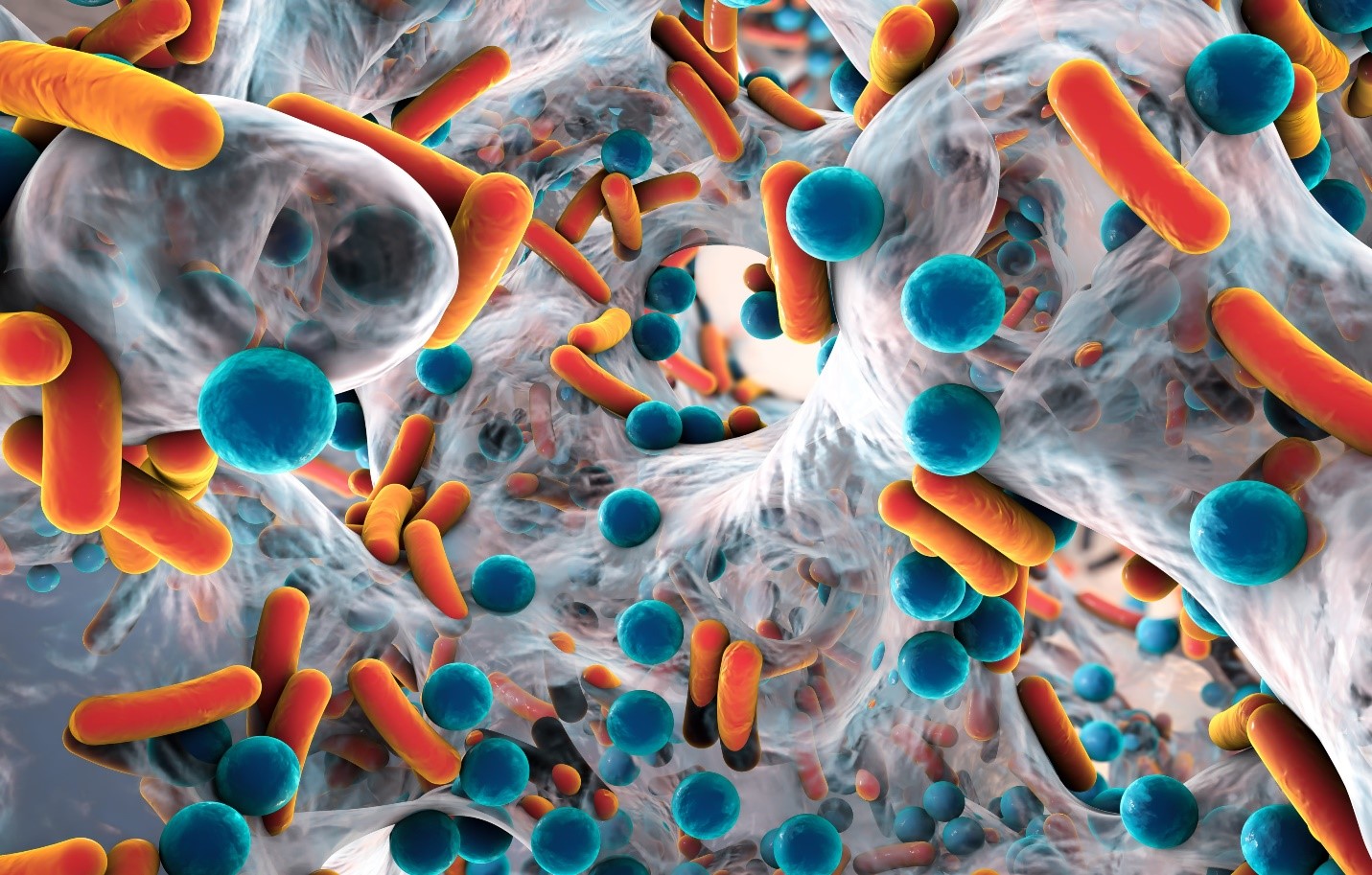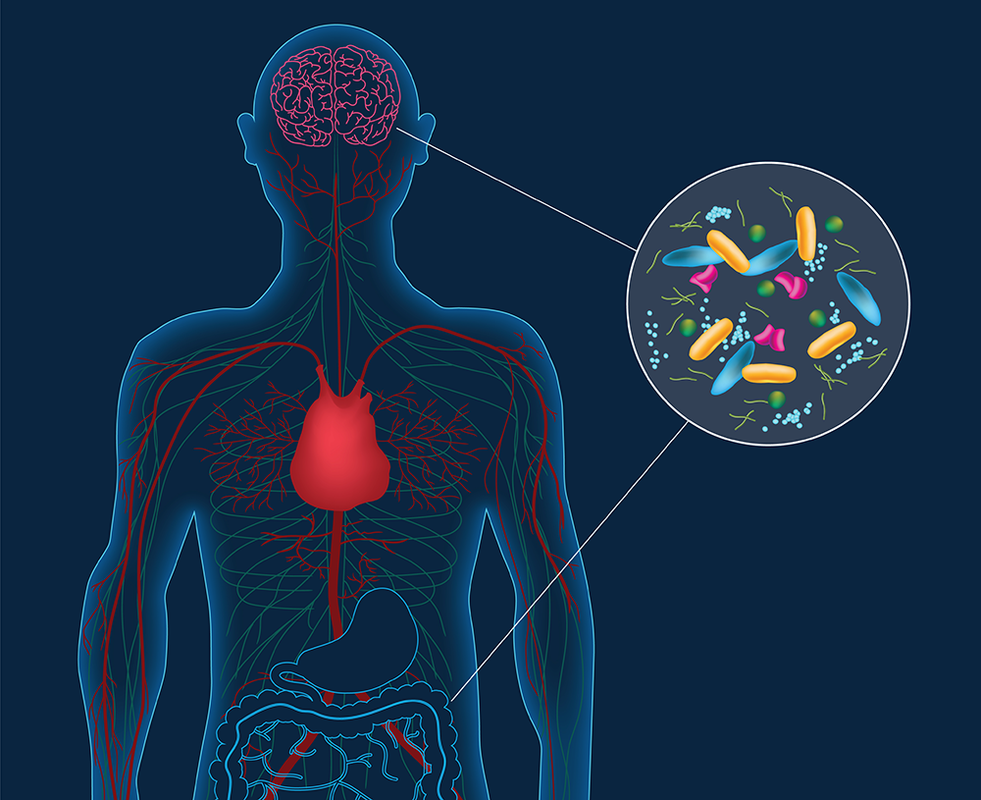
In recent years, the term “microbiome” has emerged from the realm of scientific research to become a buzzword in discussions about health and wellness. The microbiome, a collective term for the trillions of microorganisms inhabiting our bodies, plays a crucial role in maintaining our overall health. This article delves into the intricate relationship between the microbiome and various aspects of human health, exploring how these microscopic inhabitants affect our well-being.
Understanding the Microbiome
The human microbiome encompasses a vast array of bacteria, viruses, fungi, and other microorganisms that reside predominantly in the gut but are also found on the skin, in the mouth, and other body parts. The gut microbiome, in particular, has been the focus of extensive research due to its profound impact on health. These microorganisms form a complex ecosystem that interacts with our body in numerous ways, influencing digestion, immunity, and even mental health.

Digestive Health
One of the most well-known roles of the gut microbiome is in digestion. The microbiome aids in breaking down complex carbohydrates, fibers, and other substances that the human digestive system alone cannot process efficiently. Fermentation of these substances by gut bacteria produces short-chain fatty acids (SCFAs), which are essential for maintaining the health of the intestinal lining and serving as an energy source for colon cells.
Moreover, the gut microbiome helps synthesize essential vitamins, such as vitamin K and certain B vitamins, which are crucial for various bodily functions. An imbalance in the gut microbiota, often referred to as dysbiosis, can lead to digestive disorders such as irritable bowel syndrome (IBS), inflammatory bowel disease (IBD), and even contribute to the development of colorectal cancer.
Immune System Modulation
The gut microbiome plays a pivotal role in modulating the immune system. It acts as a barrier against pathogenic bacteria by competing for nutrients and attachment sites, thereby preventing infections. The microbiome also communicates with the immune system, training it to distinguish between harmful and harmless entities.
Research has shown that a healthy microbiome can enhance the efficacy of the immune response, reducing the risk of infections and autoimmune diseases. Conversely, dysbiosis has been linked to a range of immune-related conditions, including allergies, asthma, and autoimmune diseases like rheumatoid arthritis and multiple sclerosis.
Mental Health and the Gut-Brain Axis
The concept of the gut-brain axis highlights the bidirectional communication between the gut microbiome and the central nervous system. This connection is facilitated by the vagus nerve, immune signaling, and the production of neurotransmitters and metabolites by gut bacteria.
Studies have demonstrated that the gut microbiome can influence mood, behavior, and cognitive functions. For instance, certain strains of gut bacteria are involved in the production of serotonin, a neurotransmitter that regulates mood and anxiety. Dysbiosis has been associated with mental health disorders such as depression, anxiety, and even neurodegenerative diseases like Alzheimer’s.

Metabolic Health
The microbiome also plays a significant role in metabolic health. It influences the body’s ability to extract energy from food, regulate fat storage, and maintain glucose homeostasis. An imbalance in gut bacteria has been linked to metabolic disorders such as obesity, type 2 diabetes, and metabolic syndrome.
Research indicates that individuals with obesity often have a less diverse gut microbiome compared to lean individuals. Specific bacterial compositions have been associated with increased fat storage and inflammation, contributing to metabolic dysregulation. Modulating the gut microbiome through diet, probiotics, and prebiotics has shown promise in improving metabolic health and aiding weight management.
Cardiovascular Health
Emerging evidence suggests that the gut microbiome also impacts cardiovascular health. Certain gut bacteria produce metabolites such as trimethylamine-N-oxide (TMAO), which has been linked to an increased risk of atherosclerosis and cardiovascular diseases. Conversely, SCFAs produced by beneficial gut bacteria have anti-inflammatory properties and can help lower blood pressure.
Maintaining a healthy gut microbiome through a balanced diet rich in fibers, fruits, and vegetables can potentially reduce the risk of cardiovascular diseases. Probiotics and prebiotics are also being explored as therapeutic options to modulate the gut microbiome for cardiovascular health benefits.
Strategies to Support a Healthy Microbiome
Given the profound impact of the microbiome on overall health, it is essential to adopt strategies that support a healthy microbial balance. Here are some evidence-based recommendations:
Diet: A diverse diet rich in plant-based foods, fibers, and fermented products can promote a healthy microbiome. Foods such as yogurt, kefir, sauerkraut, and kimchi contain beneficial probiotics.
Prebiotics and Probiotics: Prebiotics are non-digestible fibers that nourish beneficial gut bacteria, while probiotics are live microorganisms that confer health benefits. Incorporating both into the diet can enhance gut health.
Avoiding Antibiotic Overuse: Antibiotics can disrupt the gut microbiome by killing beneficial bacteria. Use antibiotics only when prescribed and necessary.
Regular Exercise: Physical activity has been shown to increase microbial diversity and promote the growth of beneficial bacteria.
Stress Management: Chronic stress can negatively impact the gut microbiome. Practices such as mindfulness, meditation, and adequate sleep can help maintain microbial balance.
Conclusion
The microbiome is a vital component of our overall health, influencing everything from digestion and immunity to mental and cardiovascular health. Understanding the complex interplay between our body and its microbial inhabitants opens new avenues for therapeutic interventions and lifestyle modifications aimed at promoting health and preventing disease. As research continues to unravel the mysteries of the microbiome, it is becoming increasingly clear that nurturing our microbial partners is essential for maintaining optimal health.
By adopting a holistic approach that includes a balanced diet, regular exercise, stress management, and mindful use of antibiotics, we can support a healthy microbiome and, in turn, enhance our overall well-being.










